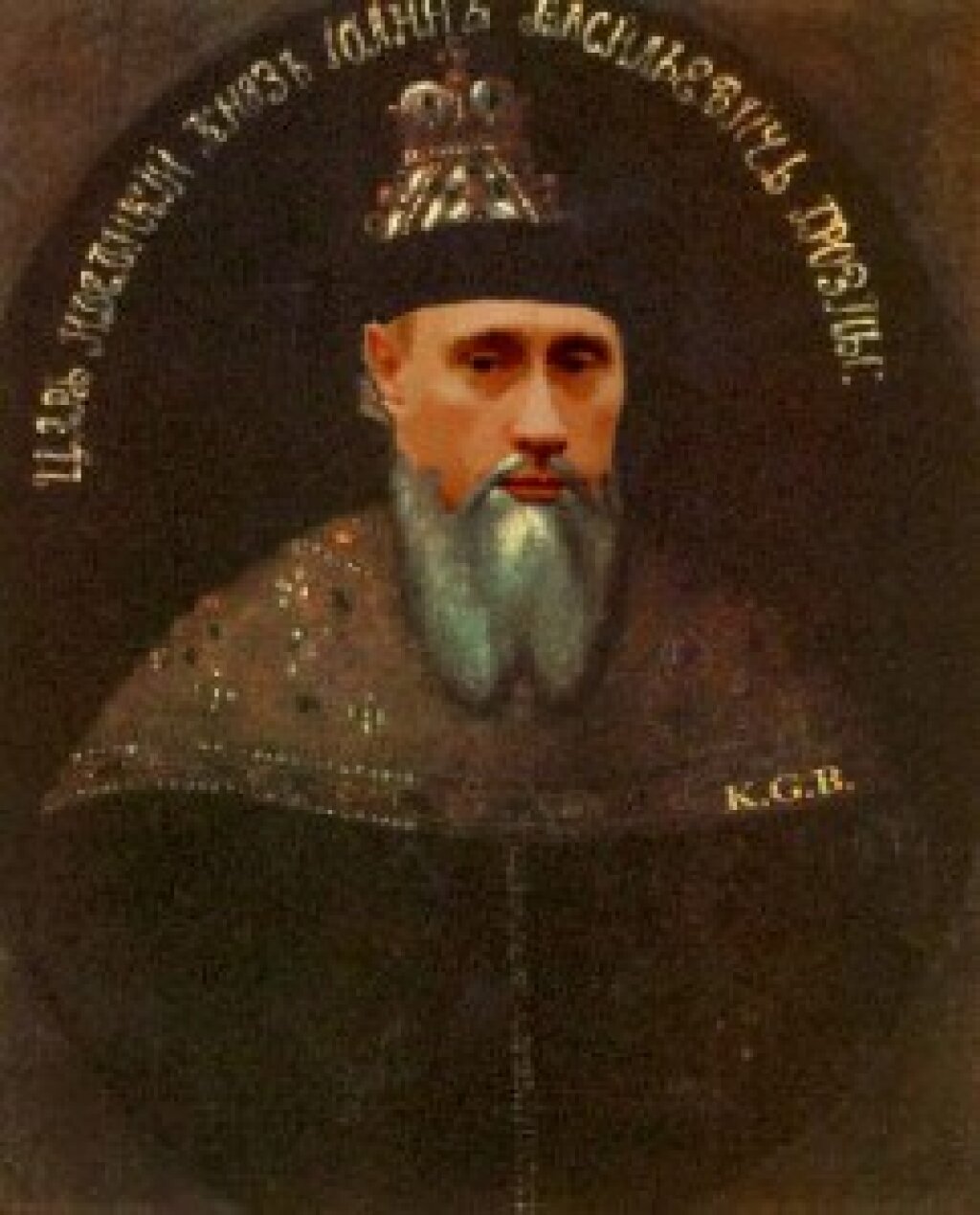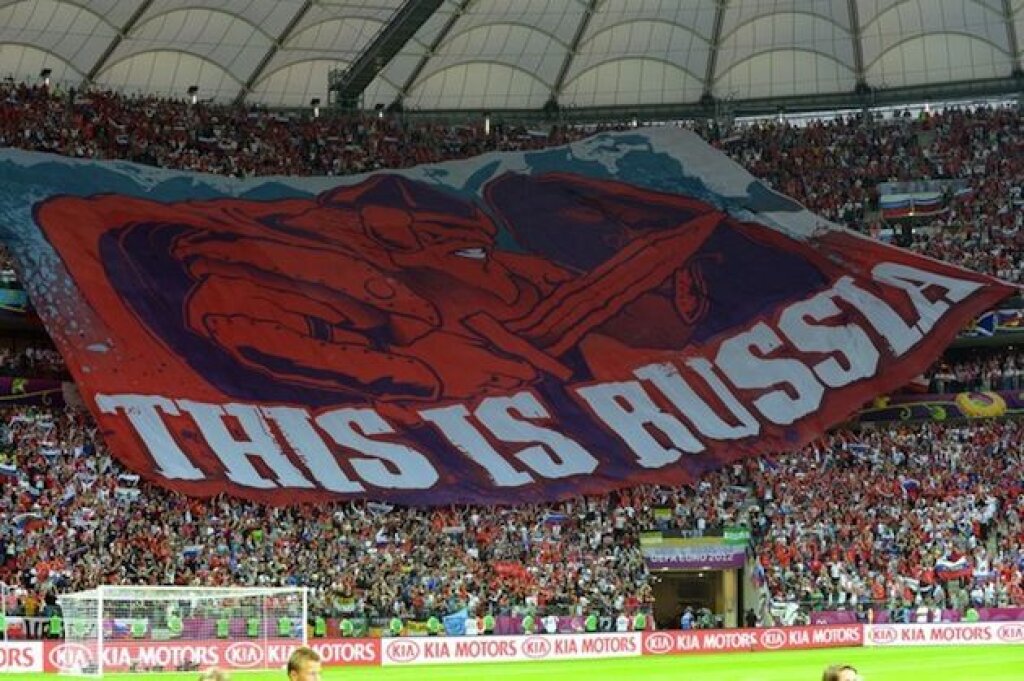Mark Galeotti is Professor of Global Affairs at the NYU SCPS Center for Global Affairs. He blogs at In Moscow’s Shadows.
Back in 1968, the Slavic Review published a fascinating and thoughtful article by Michael Cherniavsky, ‘Ivan the Terrible as Renaissance Prince.’ In some ways, this was an article about counter-Orientalism, about the way contemporaries at heart saw Ivan as one of them, as sharing the same cultural and political referents. Indeed, I would suggest they understated the real conceptual differences which still distinguished Muscovy from its western neighbors.
Re-reading it, though, I was struck by some of the parallels with Vladimir Putin, though, our own groznyi prince of the Kremlin. Some of these are psycho-social and thus possibly interesting but ultimately purely speculative, from the effects of rough, deprived childhoods on their ability to trust (Vladimir’s scrappy Leningrad childhood was marked with less extravagant swings between privilege and abuse as Ivan’s in a hostile court) to their eager quest for glory in imperial wars in the south, Kazan for one, Chechnya the other.
More seriously, though, are parallels relating to their respective perceptions of their personal role and the patrimonial nature of the state. Both see themselves as rulers legitimized by a greater cause – nation and Church for Ivan, state for Vladimir – and as such enjoying a privileged status earned by the terrible deeds they may have to do in the name of the cause. Of course, the corollary of this mission is that the ruler is owed loyalty and obedience by his subjects. Any breakdown in this relationship must, by definition, be theirs, not his. I confess I have been struck by Putin’s virtual reclusion from his core political role of late, his failure to carry out his role of resolving intra-elite disputes and articulate a clear strategy to deal with the rising protest movement. It almost smacks of Ivan’s willingness to retreat into his Oprichnina, his state-within-a-state, and sulkily await to be recalled by a chastened and shame-faced populace and aristocracy who have come to realize how much they need him. (Maybe that is how Putin thinks of his “castling” maneuver a year ago when his return to the presidency was all but announced?)
How does Cherniavsky conclude?
“Ivan the Terrible as Renaissance prince reflected a Renaissance fusion of two strands of thought and feeling: the idea of the ruler, terrible in his function as ruler, guaranteeing through cruel terror justice and order in a world of weak and evil men and of evolving strong centralized monarchies; and the idea of the awe-inspiring free personality, autonomous of old standards, above human law, and independent of divine law in a world where any means to gain immortality could be considered and utilized. But the fusion was explosive, for it combined political autonomy with an autonomous ego. It legitimatized in one person absolute political power with no limitations except his own interests, and the untrammeled human personality fulfilling itself by exceeding all human limitations. The result frequently was awe-inspiring and monstrous.”
That there are no meaningful institutional controls on Putin’s power is hard to contest. The law is simply an instrument of state power and state power is his. Yet this is not simply because of his personal vanity or greed – not that these are negligible – but a genuine belief on his part that he is the truly indispensible man, the figure who can save Russia from the chaos of the 1990s and the machinations of outside challengers. He certainly has the political autonomy to go with the autonomous ego.
A driving will, a legitimating myth, an elite bullied and purged into compliance and a divided and initially enthused population can, indeed, bring about results which are awesome – the true meaning of that word grozny. But they rarely last for a ruler’s full span. Indeed, the autocrat tends to become isolated from reality, surrounded by yes-men and an opportunistic and cynical new elite which has risen around him. Meanwhile, the economic, social and political impact of his earlier reforms will tend to create new pressures, which the political system is no longer willing or able to recognize, let alone accommodate.
In this context, one can also wonder at parallels between “Putin 2.0” and the distinct division the “early” and “late” Ivans. The former proved a surprisingly effective and forward-thinking state-builder, laying the foundations through legal, administrative and military reform. The “late Ivan” spiraled into vicious and erratic paranoia, almost managing to tear apart everything he had built. (I draw the line at seeing Putin’s apparent new determination to undermine and emasculate his prime ministerial homunculus Medvedev as comparable to Ivan’s accidental murder of his son and heir Ivan.)
It is better, Machiavelli opined, to be feared than to be loved, if one cannot be both. Putin would obviously love to be loved – witness, if nothing else, his relentless campaign of self-aggrandizing stunts and the antics of the scantily-clad young women of ‘Putin’s Army’ – but in the final analysis, his instincts are that he is willing to be feared. For the moment, the opposition is still a relative handful, a heterogeneous coalition of hipsters, radicals, nostalgic communists and earnest liberals. But even so, the forces of reaction are mustering. USAID is being ejected and NGOs supported from abroad must call themselves “foreign agents.” Hard-liners such as Investigations Committee chief Alexander Bastrykin are on the rise. The OMON riot police are buying shiny new water cannon. Although there have been other attempts at historical parallel, comparing him with Stolypin and others, it is worth appreciating just what Cherniavsky’s analysis of Ivan may tell us about Vladimir. In the ever-recalculated calculus between legitimacy, co-optation and coercion, the Renaissance prince – whether Ivan or Vlad – must always remember that ultimately, again to quote Cherniavsky,
“Kindness was what led to the ruin of the state...”



